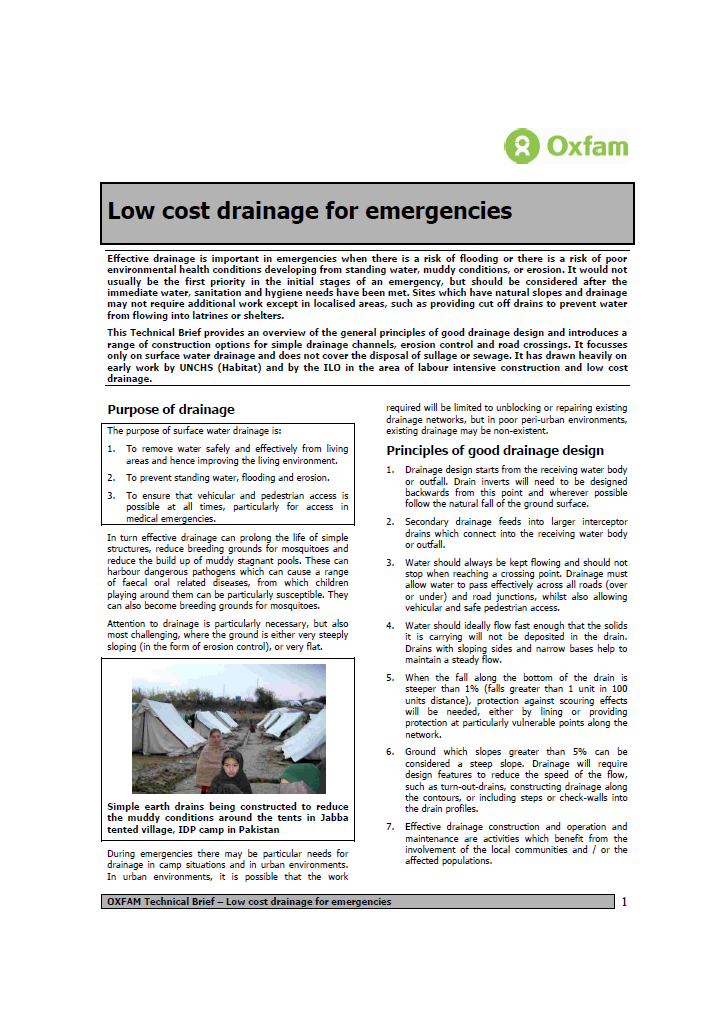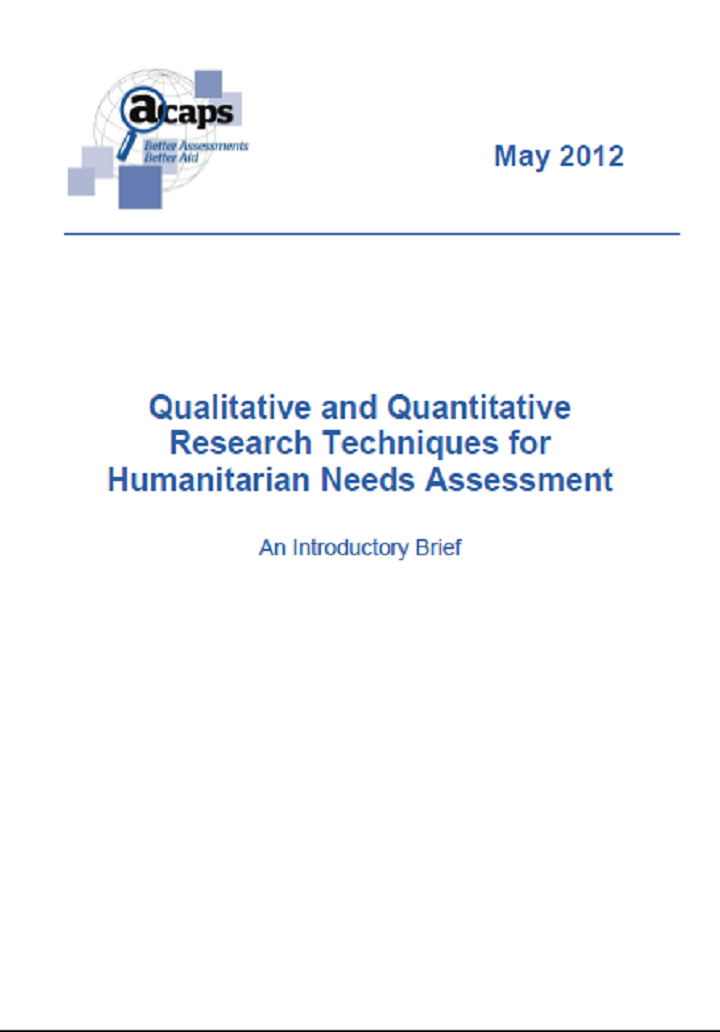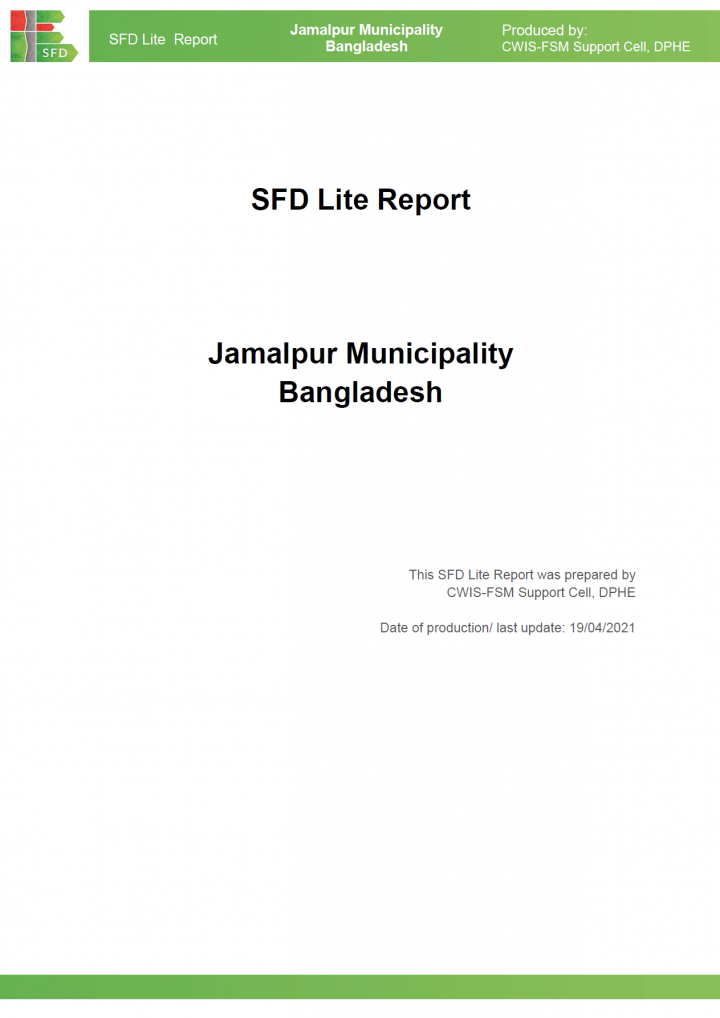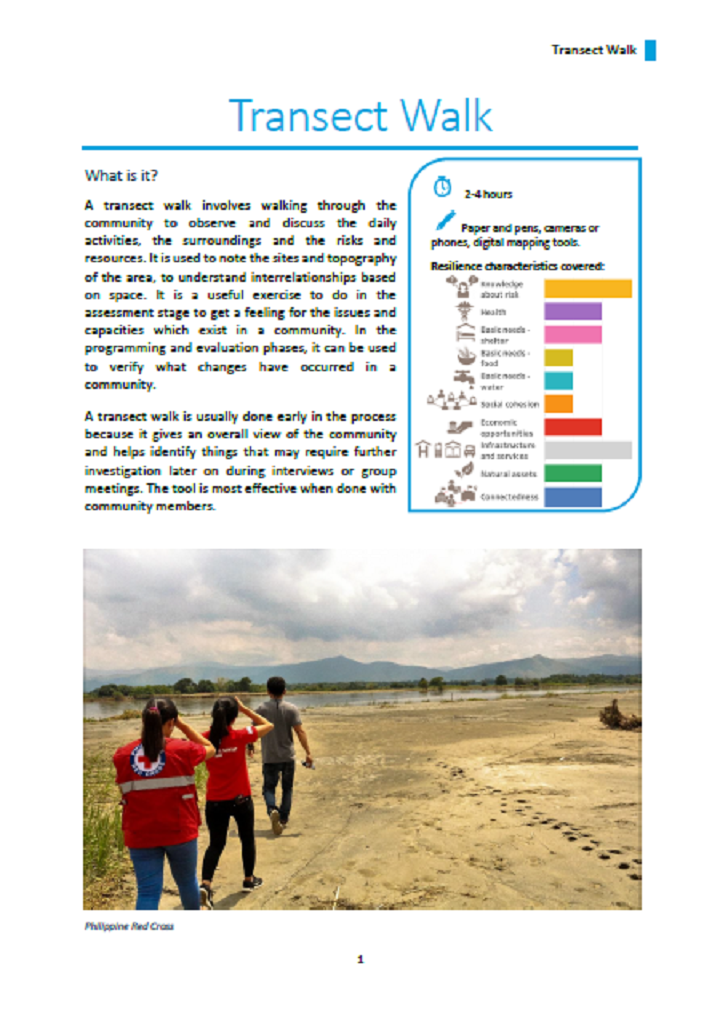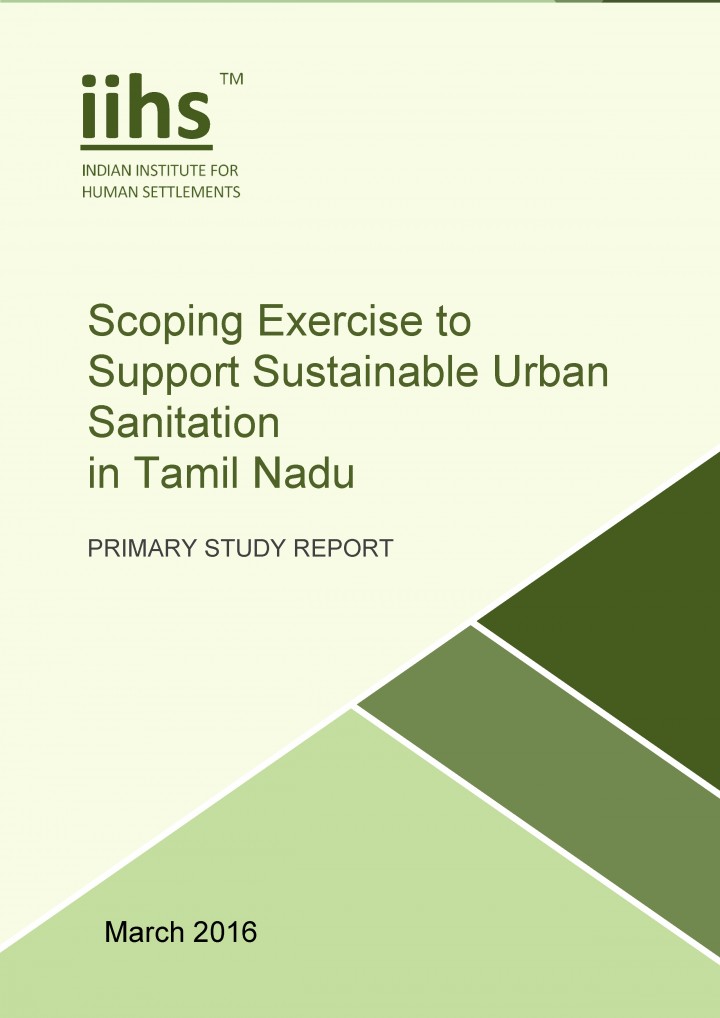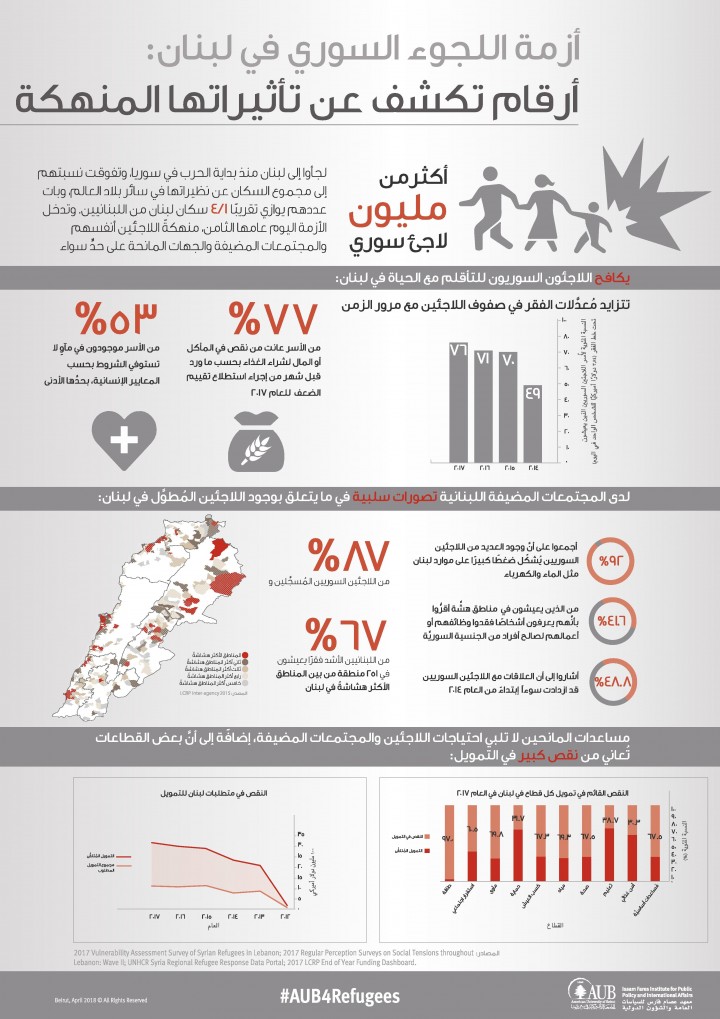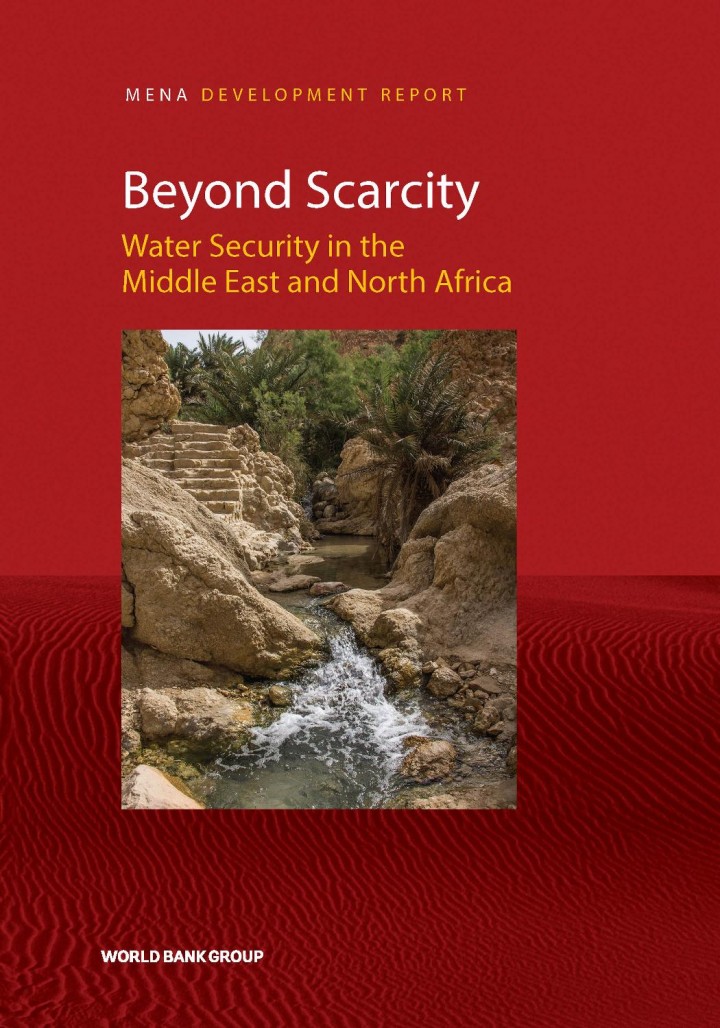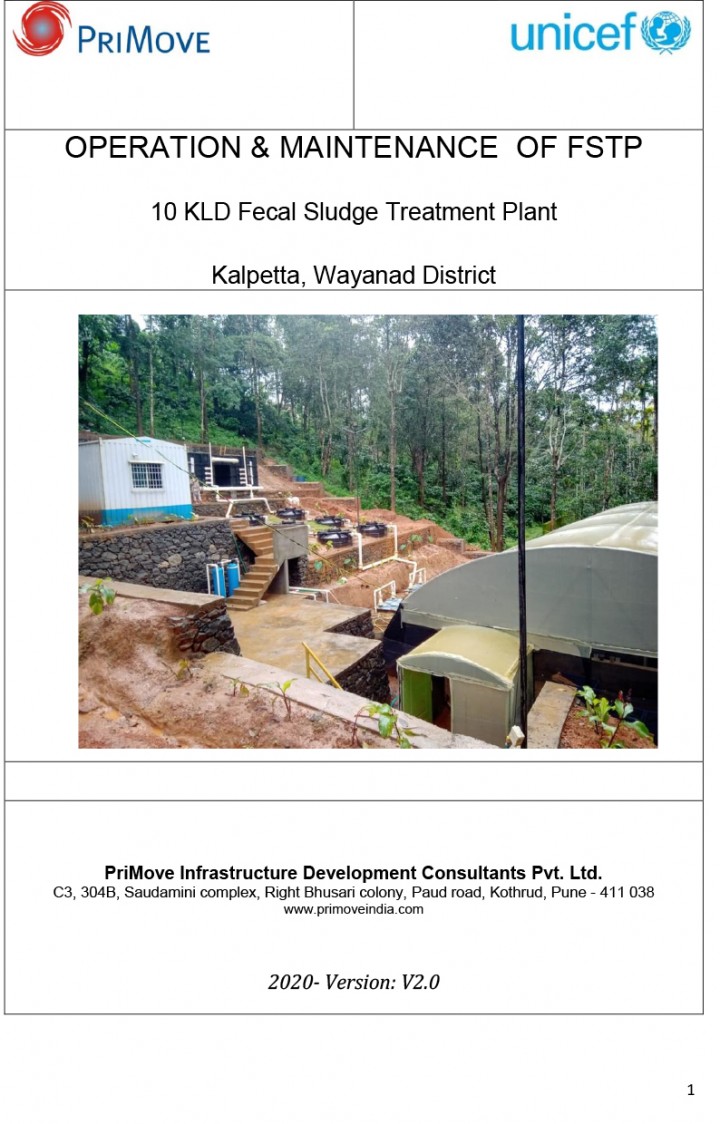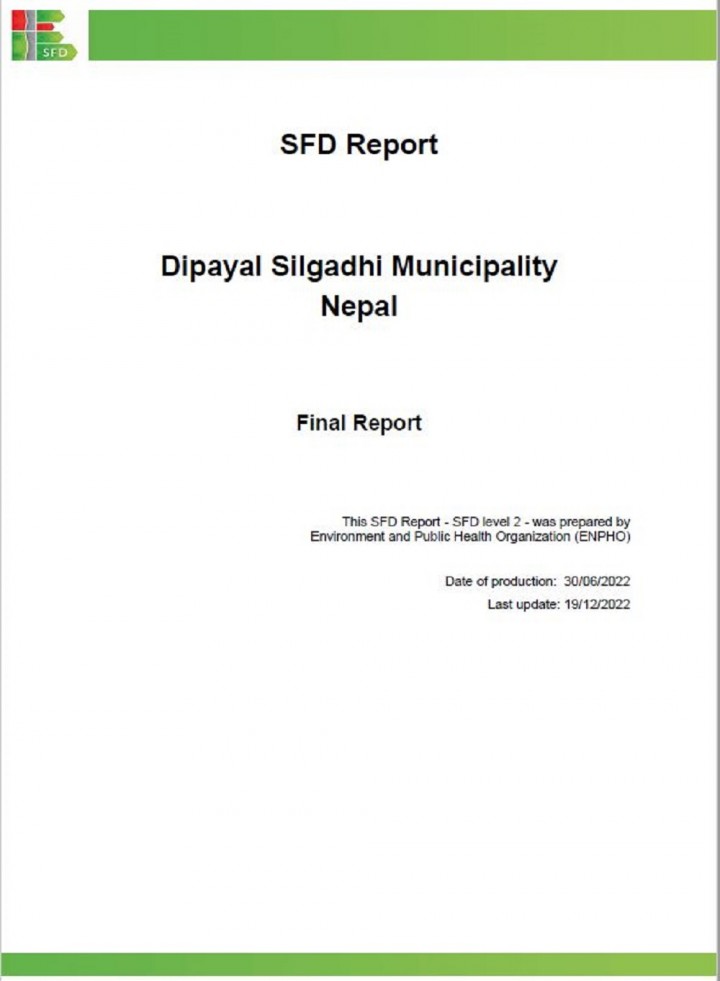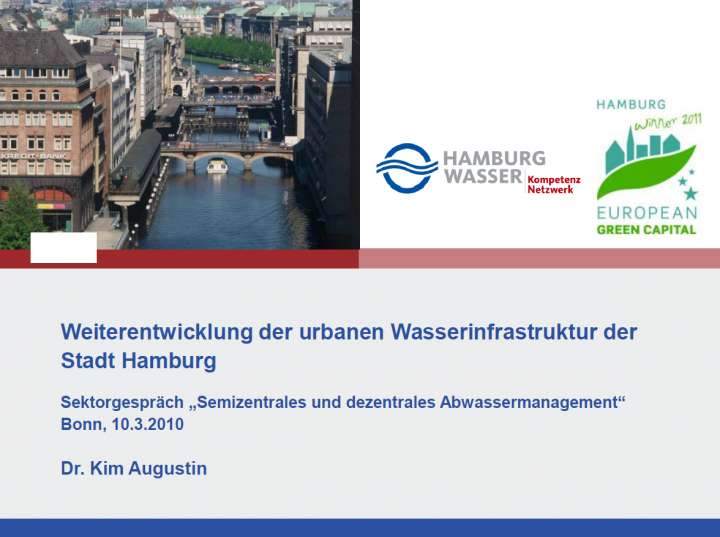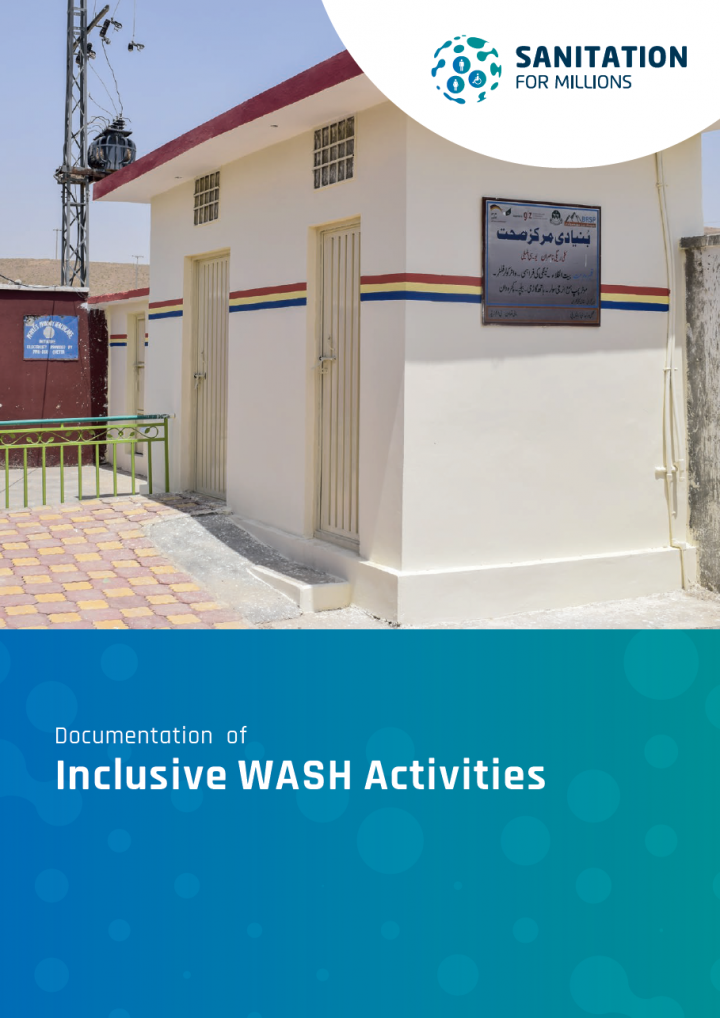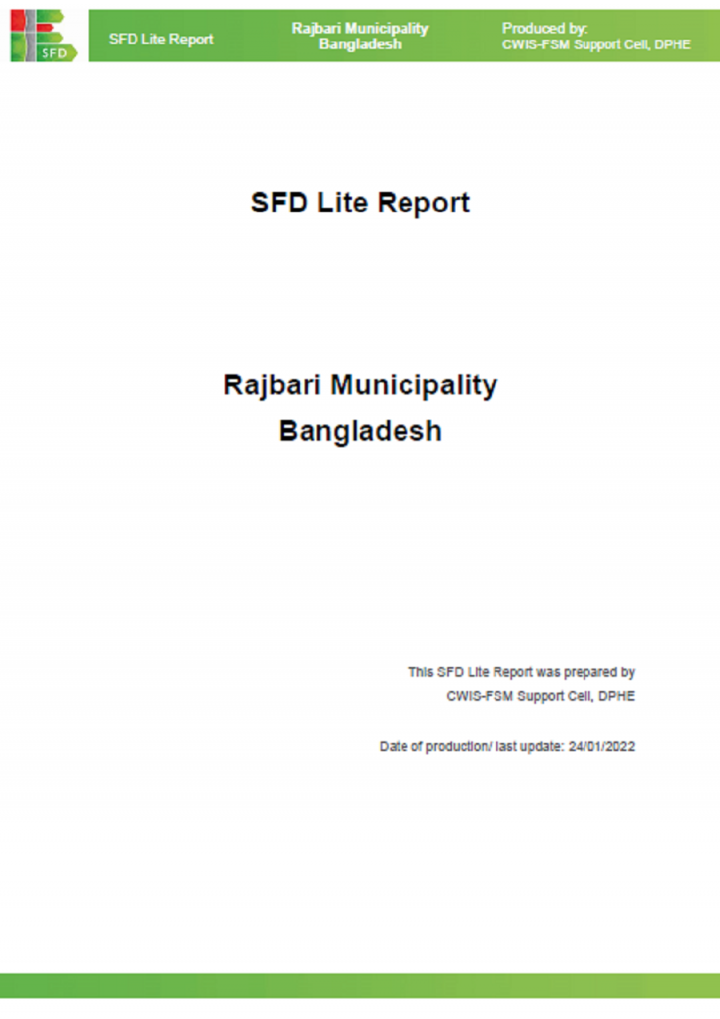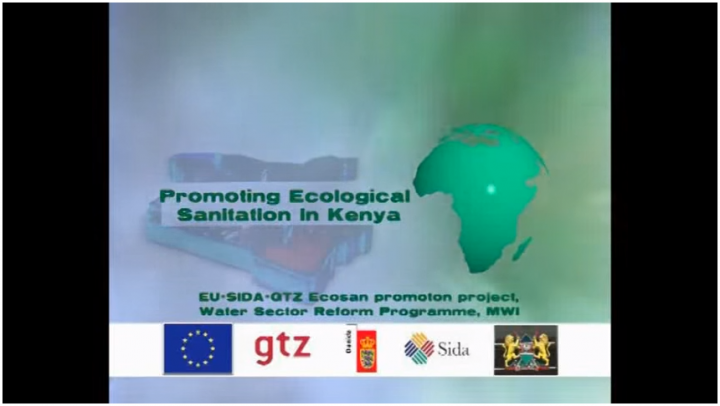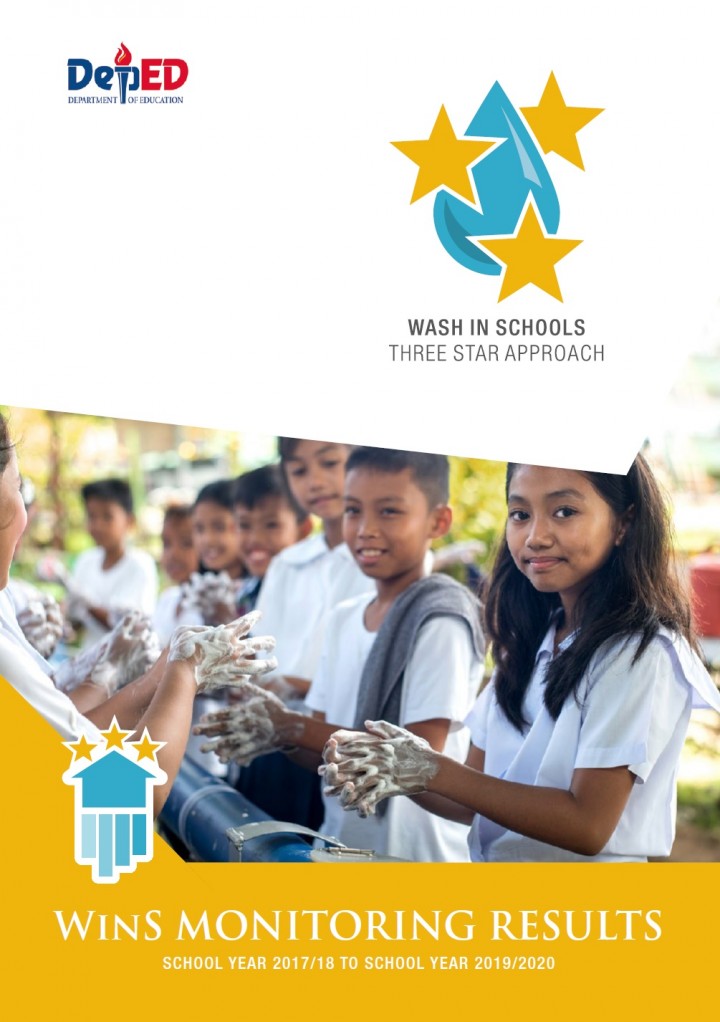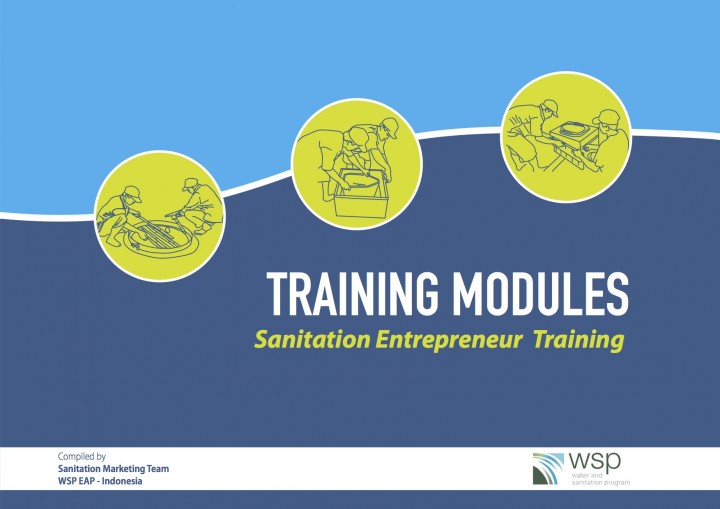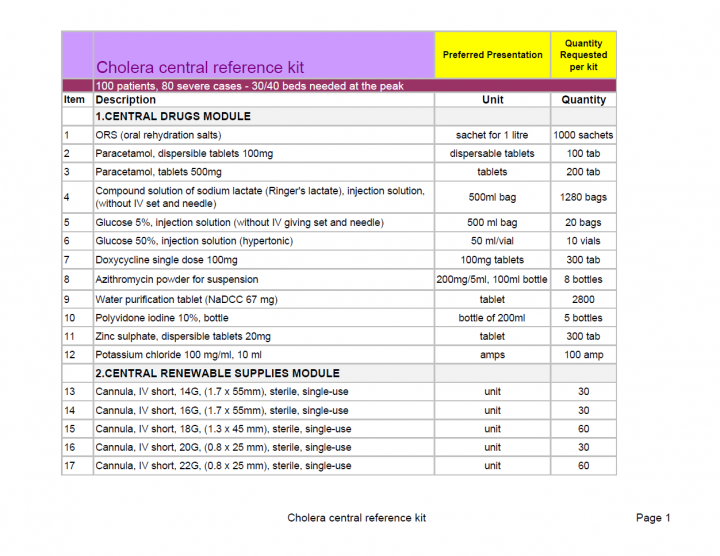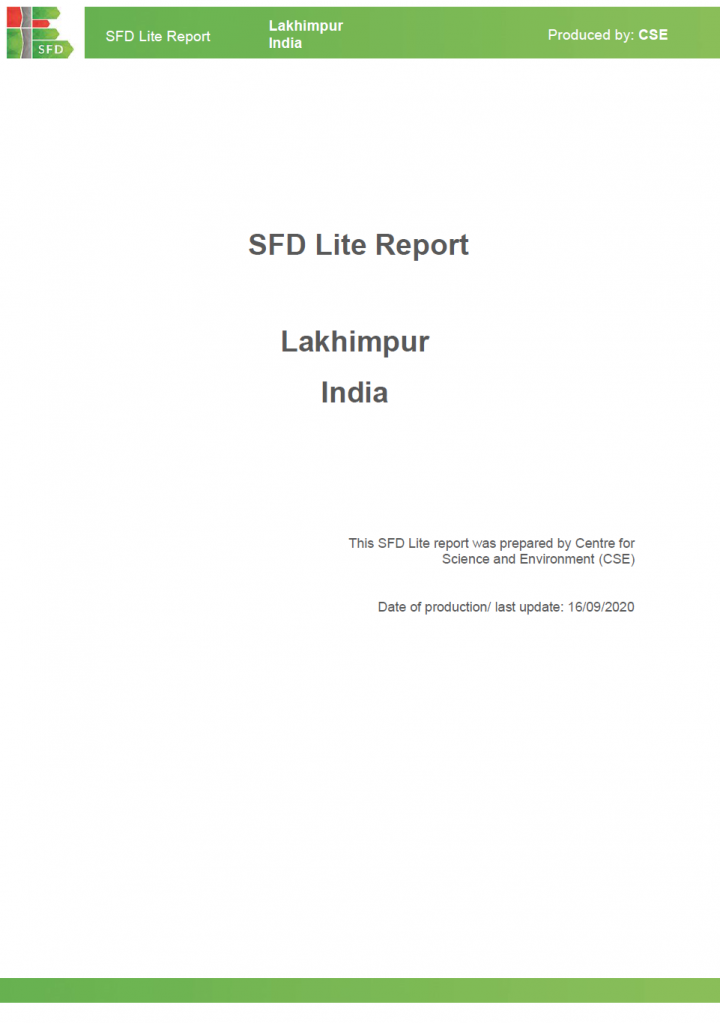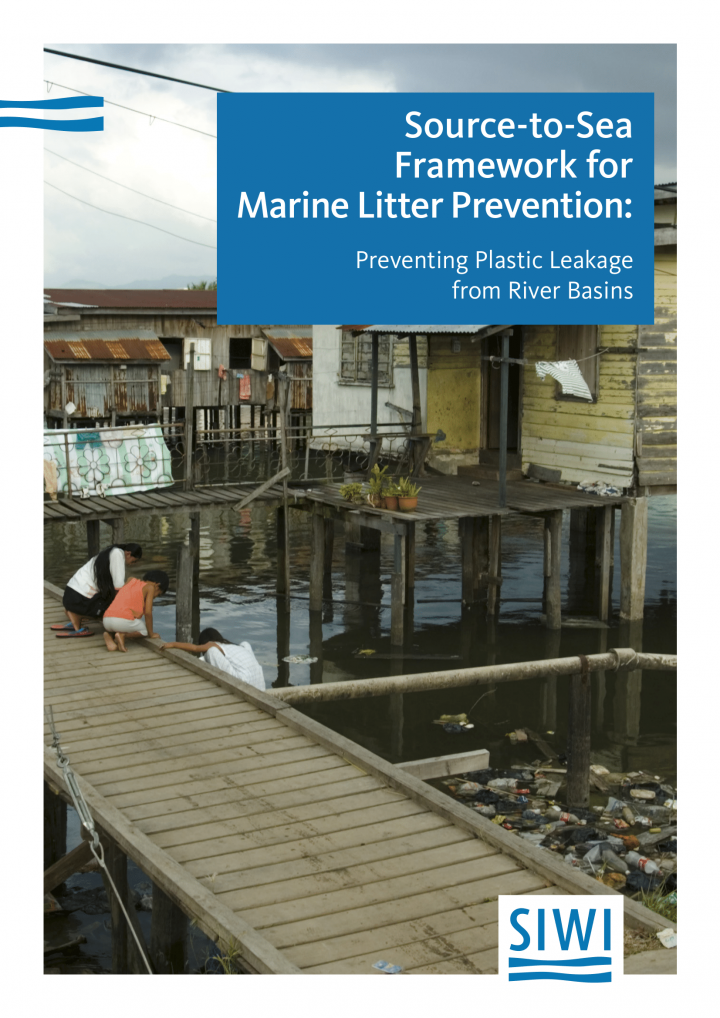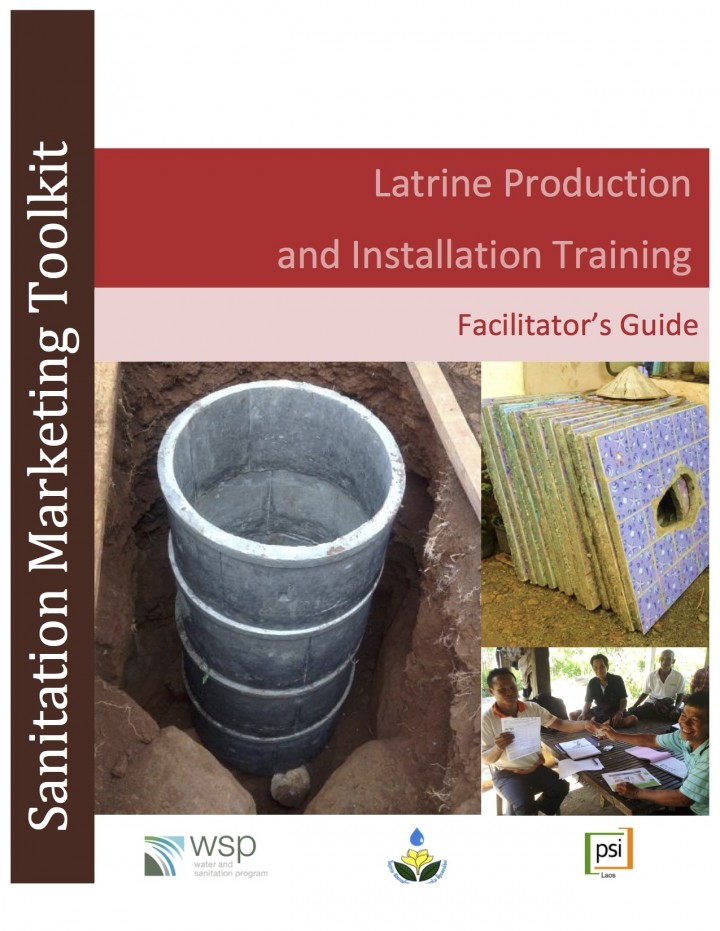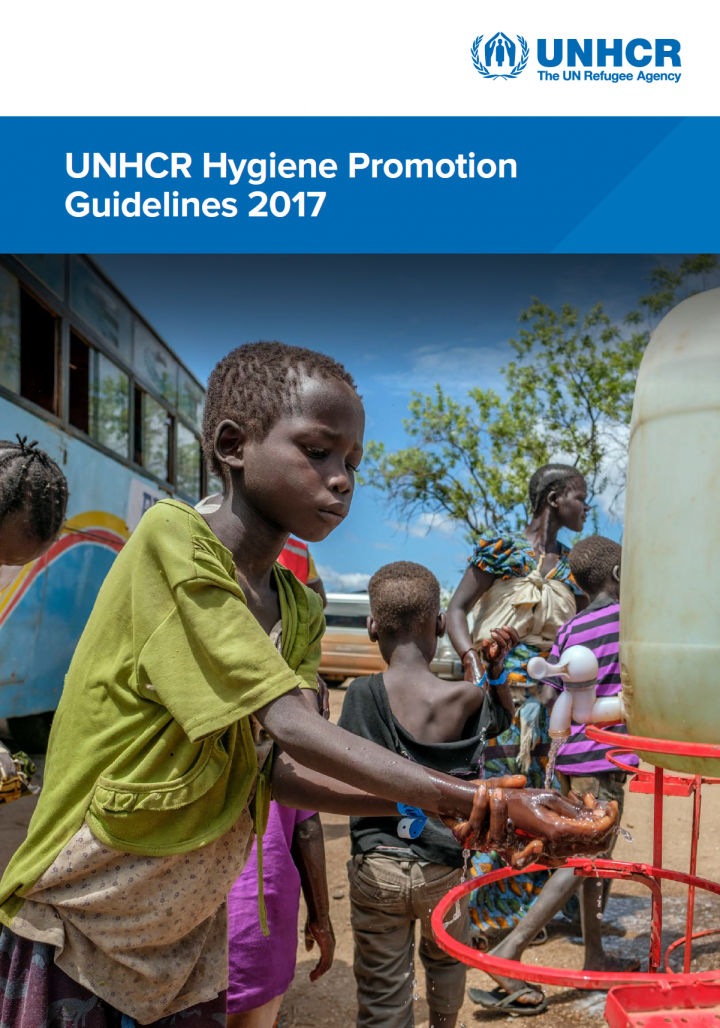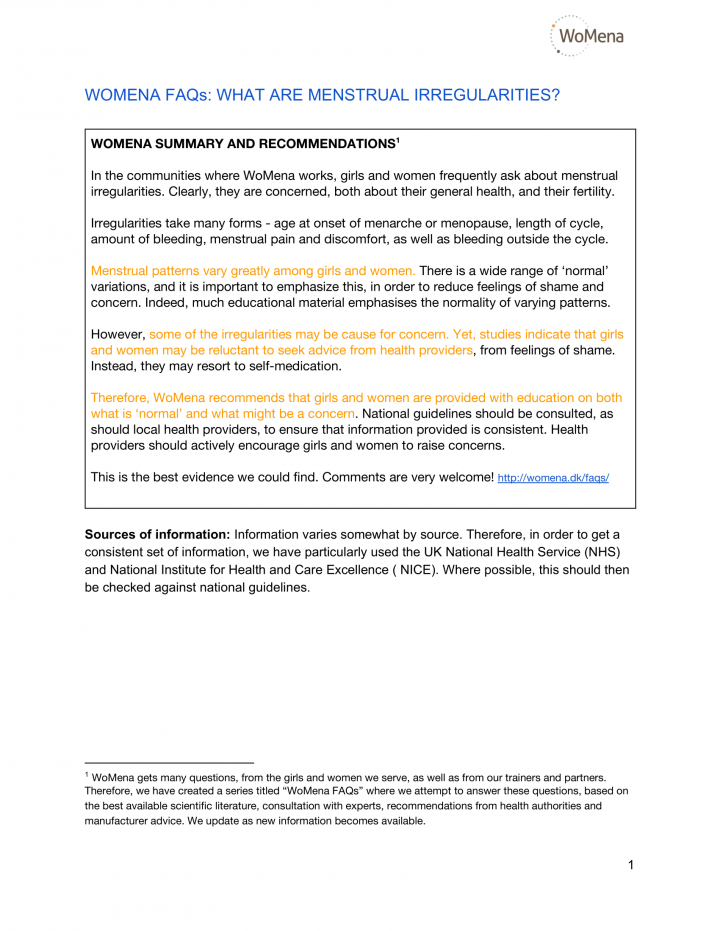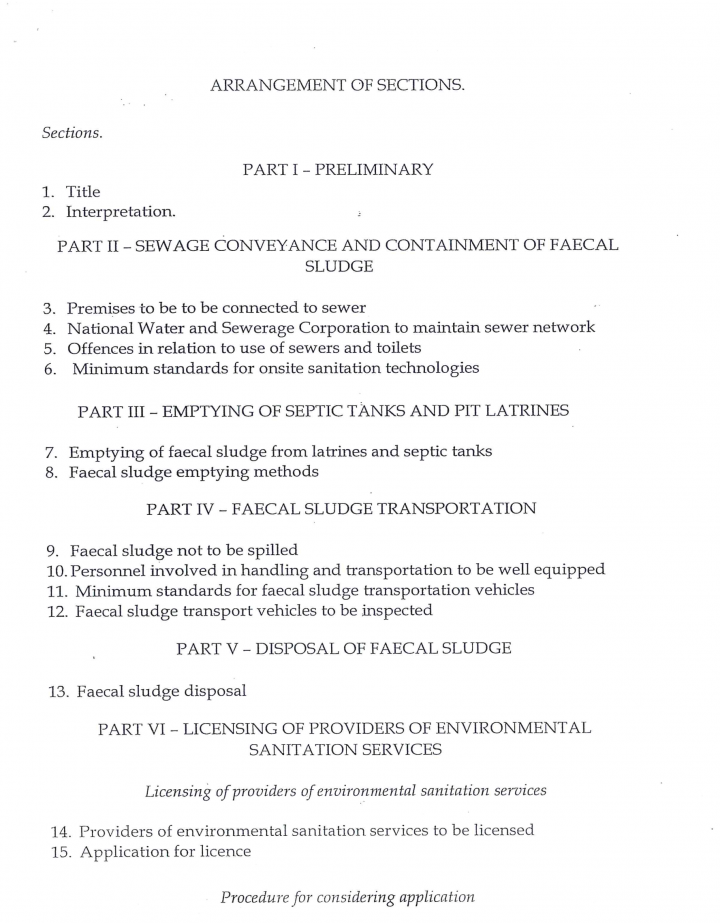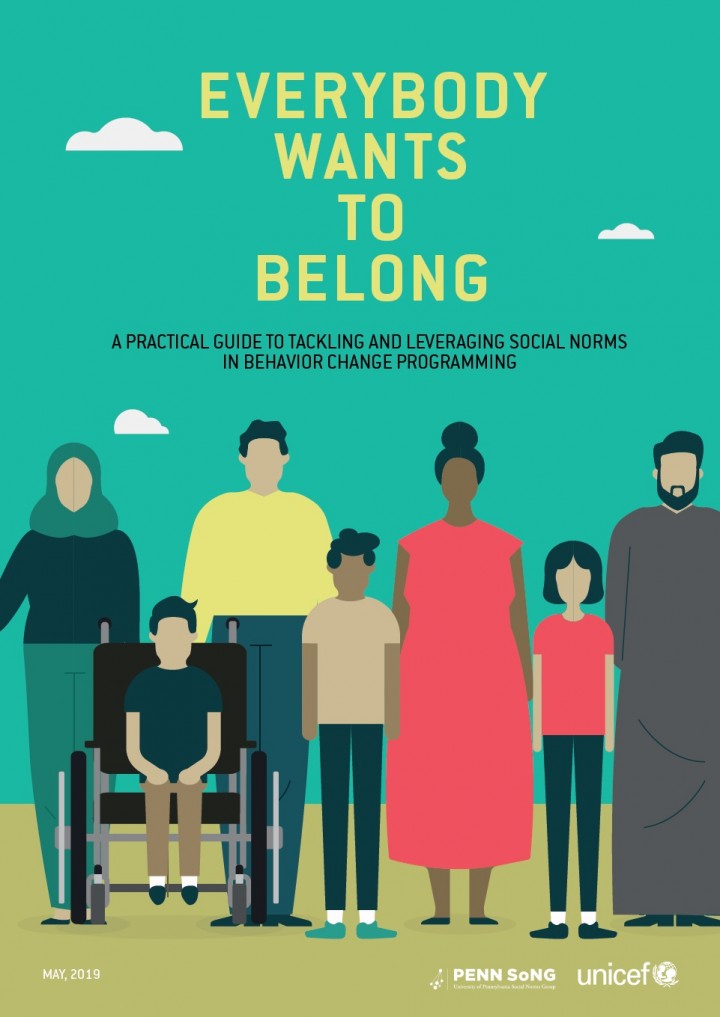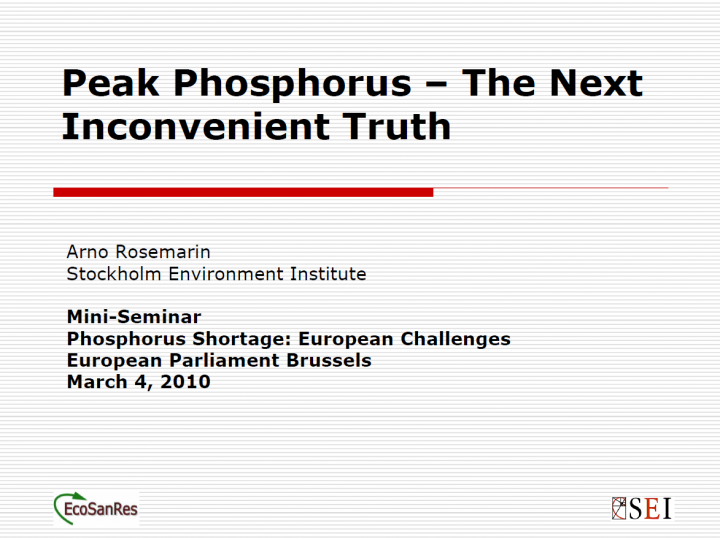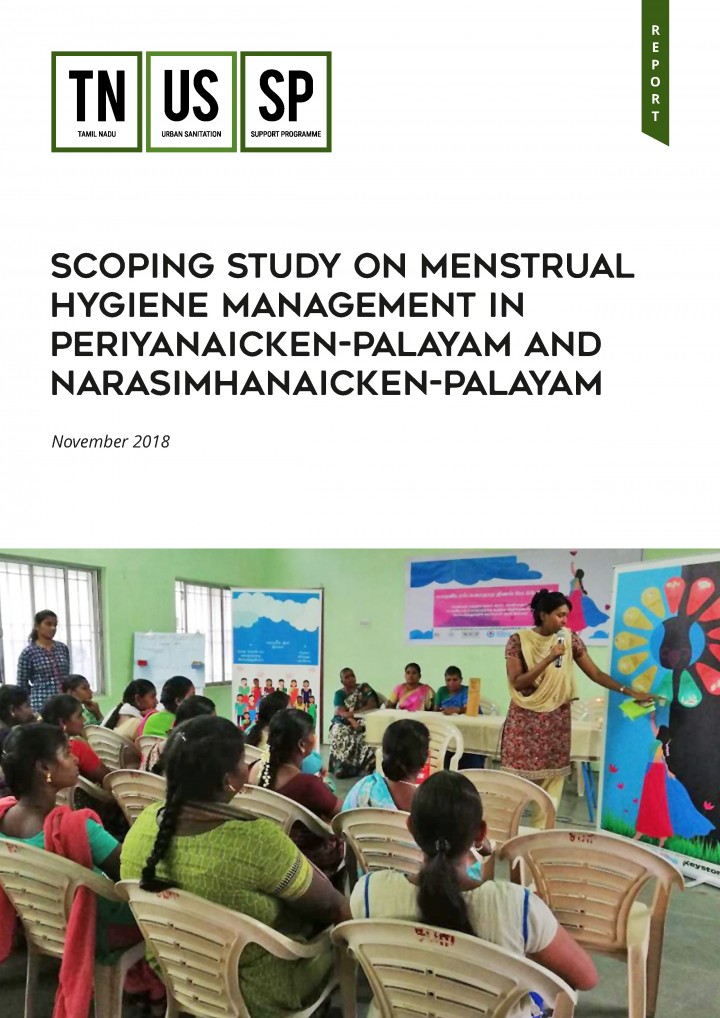Searching for information on Sanitation Workers?
The Sanitation Workers Knowledge + Learning Hub is the best source for all current news, trends, articles and updates on sanitation workers rights around the world.
Effective drainage is important in emergencies when there is a risk of flooding or there is a risk of poor environmental health conditions developing from standing water, muddy conditions, or erosion. It would not usually be the first priority in the initial stages of an emergency, but should be considered after the immediate water, sanitation and hygiene needs have been met. Sites which have …
Collection, collation, analysis, and synthesis of qualitative and quantitative information, gathered and analysed using appropriate sources, tools, and methods is the cornerstone of rapid needs assessments that allows decision makers to plan a timely, appropriate, and coordinated emergency response.
Jamalpur is a fast-growing city, which is 174 km away from the Dhaka city. It is beside the Brahmaputra River and well connected with road, rail and water. It is one of the oldest towns in the sub-continent and was declared municipality in 1869. Jamalpur is one of the 53 district level municipalities in the country.
According to the population census in 2011 by the Bangladesh Bureau of …
A transect walk involves walking through the community to observe and discuss the daily activities, the surroundings and the risks and resources. It is used to note the sites and topography of the area, to understand interrelationships based on space. It is a useful exercise to do in the assessment stage to get a feeling for the issues and capacities which exist in a community. In the programming …
With a view to scope the tasks under the Tamil Nadu sanitation mission, IIHS carried out a scoping exercise in 2015 to gain an in-depth understanding of the current arrangements and practices in the full cycle of sanitation. The study assessed a range of issues across the sanitation cycle including design and construction practices of on-site sanitation systems, septage collection and waste …
Water has always posed great challenges for the Middle East and North Africa. With rapid growth, regional instability, and climate change, these challenges are more pressing than ever. This report describes how the region’s current water challenges go far beyond age-old constraints of water scarcity. The report explores how countries can anticipate and act to strengthen water security, rather …
Kalpetta is a town and a municipality in the Wayanad district, state of Kerala, India. The FSTP uses vermifiltration where worm-based sludge treatment is combined with water filtration to digest organic matter present in septage. The worms need only air, water, and sludge (food) to operate efficiently as a part of the vermifiltration system.
The Tiger Biofilter technique is based on …
Dipayal Silgadhi municipality is the district headquarters of Doti District in Sudurpashchim Province of Nepal. The former district headquarters of Far Western Development Region, Dipayal Silgadhi lies in the lesser Himalayas on the bank of Seti River at 29°16′N 80°56′E. The municipality comprises nine wards, the smallest local government unit. (Municipality, 2018).
The total population …
The language of this event was German.
Die Veranstaltung soll die auf dem Sektorgespräch "Sanitärversorgung" am 12. Dezember 2008 im BMZ initiierten Diskussionen vertiefen helfen und insbesondere verstärkte Aufmerksamkeit auf die Bereiche semizentrales und dezentrales Abwassermanagement lenken. Hierbei soll Stand der Technik sowie neuere Entwicklungen in beiden Bereichen fokussiert auf den …
‘Leave no one behind’ is at the core of the Sustainable Development Goals (SDGs). Leave no one behind means for Sanitation for Millions that everyone, in any inhabited place, has access to a safely managed sanitation facilities and/or safe (hand-) hygiene, and thus can fulfil his/her WASH needs adequately and with dignity. Yet, as per WHO and UNICEF still more than 4.2 billion people suffer …
Rajbari municipality, the district headquarter of Rajbari district is situated in Dhaka Division, Bangladesh. It is located 110 km from the capital Dhaka. It is beside the Padma River, and it is well connected with road and water. Rajbari Municipality was established in 1913 and was recognized as Town Committee. Later in 1923, it was renamed as Rajbari Municipality. It is one of the oldest towns …
This project was financed by EU, SIDA and GTZ (BMZ). It had been implemented by the EcoSan Promotion Project of the Deutsche Gesellschaft für Technische Zusammenarbeit (GTZ) in 2007 to 2010. More than 800 toilets, so called Urine Diversion Dehydration Toilets (UDDTs) were constructed with CBOs and beneficiaries at households and at schools in rural and peri-urban areas. A different technology …
This manual for using and developing modules is intended as a reference for facilitators of sanitation entrepreneur training courses. This manual contains the curriculums for the modules that form the basis for design of the training modules. It also contains technical details for delivering the topics for each phase. Using this manual, the facilitator should have a firm understanding of what is …
In 2016 WHO introduced the Cholera Kits. These kits replace the Interagency Diarrhoeal Disease Kit (IDDK) which had been used for many years. The Cholera Kit is designed to be flexible and adaptable for preparedness and outbreak response in different contexts. The overall Cholera Kit is made up of an Investigation Kit, Laboratory materials, 3 Treatment Kits (community, periphery and central) and …
Lakhimpur Kheri is the largest district in Uttar Pradesh, India, on the border with Nepal. Its administrative capital is the city of Lakhimpur. Lakhimpur Kheri district is a part of Lucknow division, with a total area of 7,680 km2 (2,970 sq. mi) out of which 10.10 km2 is the Lakhimpur Nagar Palika. This SFD Report was produced and last updated on 16/09/2020.
This report presents a framework for preventing marine litter based on the source-to-sea conceptual framework presented in Granit et al., 2017 and the practitioners’ guidance for implementing the source-to-sea approach in Mathews et al., 2019. Addressing issues from the holistic perspective of the source-to-sea system and strengthening coordination between sectors is central to the …
These guidelines provide additional support and information on designing and implementing hygiene promotion programmes or elements of hygiene promotion in the programmes of other sectors. They should be used in conjunction with the UNHCR WASH Manual and the summary guidance in the Hygiene Promotion Chapter of this manual.
In the communities where WoMena works, girls and women frequently ask about menstrual irregularities. Clearly, they are concerned, both about their general health, and their fertility. Irregularities take many forms - age at onset of menarche or menopause, length of cycle, amount of bleeding, menstrual pain and discomfort, as well as bleeding outside the cycle.
Menstrual patterns vary greatly …
We are very pleased to present the Practical guide to tackling and leveraging social norms in behavior change programming. It provides UNICEF, its governmental and non-governmental partners with accessible and engaging information on social norms, the role they play in perpetuating or changing harmful behaviors, and best practices for programming.
The threatening shortage of phosphorus – a key component of fertilisers – is crucial for the world’s food supplies. Phosphorus is an essential nutrient for all plants and animals. It is also one of the three key components (together with nitrogen and potassium) of fertilisers, and therefore crucial for the world’s food supply system. Phosphorus shortage will be one of the most pressing …
Improper disposal of menstrual waste is a noteworthy challenge when it comes to Menstrual Hygiene Management (MHM). Polymeric sanitary napkins, which have largely replaced cloth napkins, are made of material that is non-biodegradable, leading to the accumulation of used napkins in landfills. Accumulated menstrual waste can be hazardous because menstrual blood on napkins stagnates for a long time …

